Are you considering setting up your own accounting practice? If so, you may be wondering what to do next and where to look for professional advice.
The ICEW has a number of advice sheets for members on its website (here) providing detailed information that covers everything from engaging clients to fee protection insurance.
However, there is nothing more useful than talking to an experience practitioner who has set up on their own and survived!
Within your district society, the Chartered Accountants Society South East (CASE), there are a number of members who have taken the plunge after years of working for others.
CASE has a local network of established accountancy firms willing to answer your questions and guide you through the process, helping address any concerns before you take the big step of handing in your notice.
All you need to do is ask – contact the team below for an introduction to the network
Things to consider…
If you’re reading this you’ve probably already considered why you want to set up your own accountancy practice. It might be that work life balance is your priority, or you may want the freedom to specialise in a specific sector.
Whatever your reasons, make sure you have a clear business plan in place, including the overheads and investment required to get started.
Some key areas to think about include:
Affordability – can you afford to start your own business, do you need savings to support you in the early days, if so, how long will they last?
Do you have a colleague you want to set- up with? If so, how will you divide up the work load and responsibilities of running the business?
What contingencies will you put in place to ensure both parties feel they are working at an equal level and do you need to employee any support staff?
Whether you want to set-up on your own or with others may also dictate whether you operate as sole trader or a limited company.
Forecast the future…
What does your cashflow forecast look like for the first six to twelve months – be realistic and minimise the risk of surprises by being a little conservative.
Don’t forget to factor in insurance, employee costs, technology, technical support, professional training, marketing and set-up costs, expenses and tax relief.
You may well be very familiar with many of these areas from your experience of supporting new businesses, but don’t forget to budget for everything.
Are you qualified?
It is important that you have a practising certificate before you start. You have to have two years’ relevant post-qualification experience and need to apply for a practising certificate. If you are not entitled to one, you cannot enter public practice while a member.
Will you specialise
What sort of practice do you want to run. Will you be a general practitioner or a specialist in accountancy, tax, audit, financial management or business acquisitions.
What’s in a name
What will you call the practice? Finding the right name can be a challenge – what do you want it to say about you. Choosing the right name is a strategic decision, if you have an established reputation, you may want to lead with your name (but do consider this can leave you vulnerable). You’ll want a name that helps you to stand out, is memorable and distinctive. Accountancy is about trust, your name needs to evoke that feeling, so be sure to recruit a trusted panel to help judge your shortlist against a set criteria.
Daily structure of the business
Will you work from home? And, if so will clients take you seriously? Does it look more professional to have an office? Office space can be an expensive overhead but with flexible drop-in workspace options available in most towns you can usually find a cost effective professional solution for face-to-face client meetings.
Can I do this all on my own or will I need staff – if so self employed or employed staff and what issues could result from that
Fee structure
Plan how you want to set you charging structure. Will you have a fixed-fee or charge for time on clock. What will your hourly charge out rate be?
HR and house-keeping
You’ll need to budget for professional indemnity insurance. How much will this cost?
What happens to the practice if you’re ill, want to take holiday or go on a training course? Will you have a freelance contractor to step-in and cover time off? And if not, is it worth considering critical illness and income protection cover just in case?
You’ll need to continue to stay across industry practice updates and developments with regular CPD training.
SESCA Ltd is the professional training subsidiary of CASE, it aims to provide high quality, verifiable, cost-effective post qualification training for accountants, through a variety of in person and online courses. You can find out more about the costs and practicalities at SESCA.
Contact a member of our team for additional support

